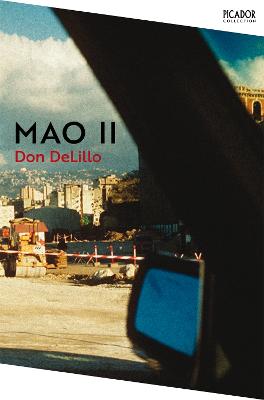The novel is praised for its dark humor, prescience, and hypnotic prose, making it one of the reviewer's favorite DeLillo books. It is described as a condensed exploration of art and terror.
Colin Barrett's review highlights the mordant humor and hypnotic quality of 'Mao II,' making it a standout in DeLillo's oeuvre. They appreciate the novel's condensed yet powerful exploration of art and terror, noting its casual prescience and darkly comedic elements. Barrett finds the book to be a compelling read that captures the complexities of modern society.
Quick quotes
Mao II, a mordantly funny, casually prescient, hypnotically condensed novel about art, about terror, is one of my favourite DeLillo books.
The novel's dark humor and prescience make it a standout in DeLillo's collection.
Barrett appreciates the hypnotic quality of the prose and the novel's exploration of art and terror.
